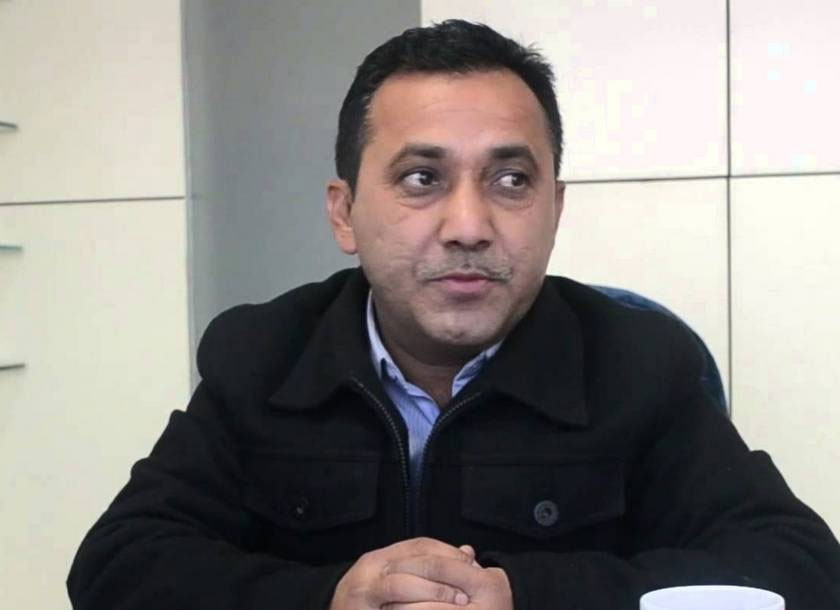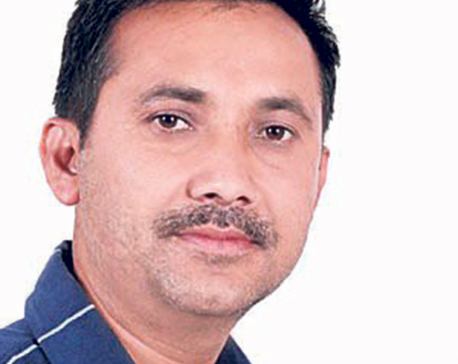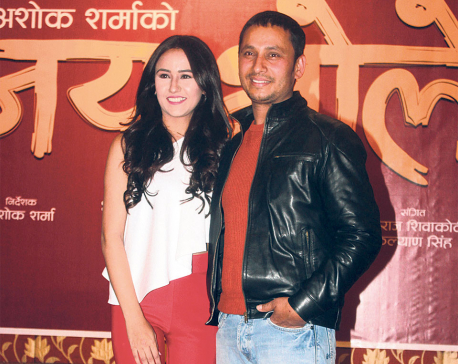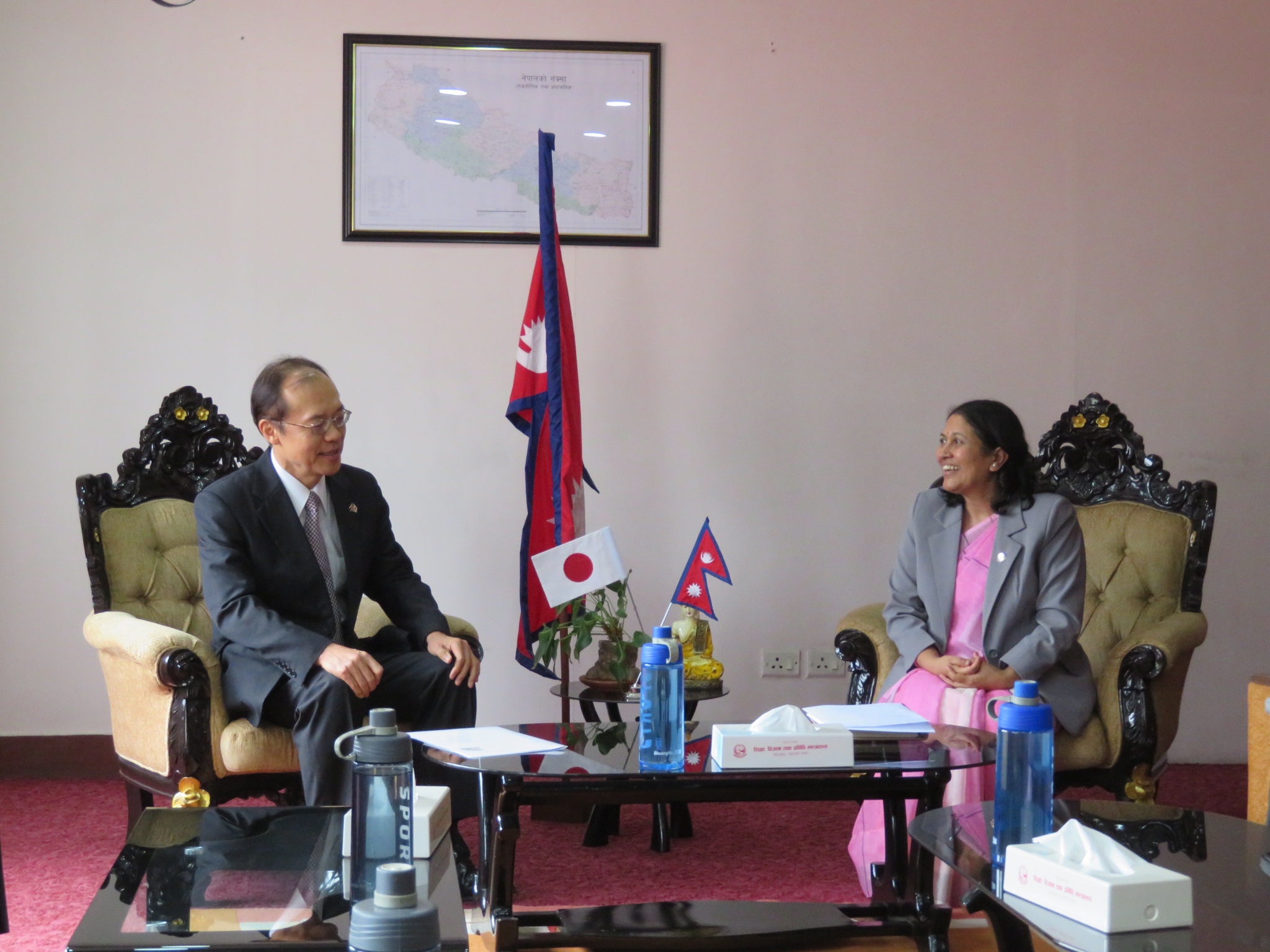
OR
NC stays in opposition for five years: Spokesperson Sharma
Published On: February 24, 2018 07:22 PM NPT By: Republica | @RepublicaNepal

KATHMANDU, Feb 24: Nepali Congress Spokesperson Bishwa Prakash Sharma has said that his party would stay in opposition for five years.
Speaking in a programme on 'role of press' in federalism in the capital city Saturday, leader Sharma shared that NC would be united for the reforms in democracy, and implementation of federalism and constitution.
Spokesperson Sharma added that the party leaders from centre to local levels will work hard for the reform in the party as well.
On the occasion, he felicitated Gorkhapatra Corporation General Manager Basanta Prakash Sharma, Nepal Television board member Govinda Dhital and Chairman of Minimum Wages Fixing Committee Gangadhar Parajuli.
Similarly, Nepal Press Union Chair Badri Sigdel said that no one can forget the role of press in each democratic movement in the country.
You May Like This

Sharma appointed NC spokesperson
KATHMANDU, Jan 10: Nepali Congress (NC) President Sher Bahadur Deuba has appointed the party's Central Working Committee member Bishwa Prakash... Read More...

Sharma set to direct ‘Jai Bhole’ after 12 years
KATHMANDU, Feb 10: Veteran producer Ashok Sharma has announced that he will direct a new movie called ‘Jai Bhole’ amid... Read More...

'NC will stay in opposition'
Chitwan, Jan 26: Nepali Congress leader Balkrishna Khand has said the Nepali Congress will stay in opposition in a government... Read More...











Just In
- Nepal at high risk of Chandipura virus
- Japanese envoy calls on Minister Bhattarai, discusses further enhancing exchange through education between Japan and Nepal
- Heavy rainfall likely in Bagmati and Sudurpaschim provinces
- Bangladesh protest leaders taken from hospital by police
- Challenges Confronting the New Coalition
- NRB introduces cautiously flexible measures to address ongoing slowdown in various economic sectors
- Forced Covid-19 cremations: is it too late for redemption?
- NRB to provide collateral-free loans to foreign employment seekers







Leave A Comment